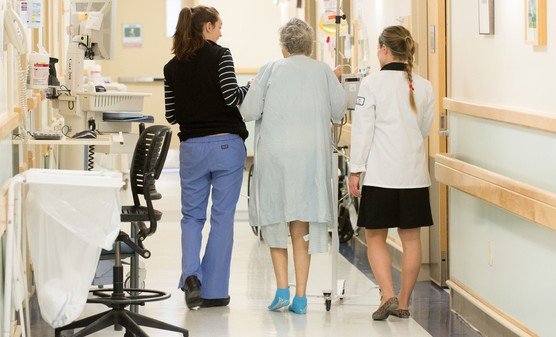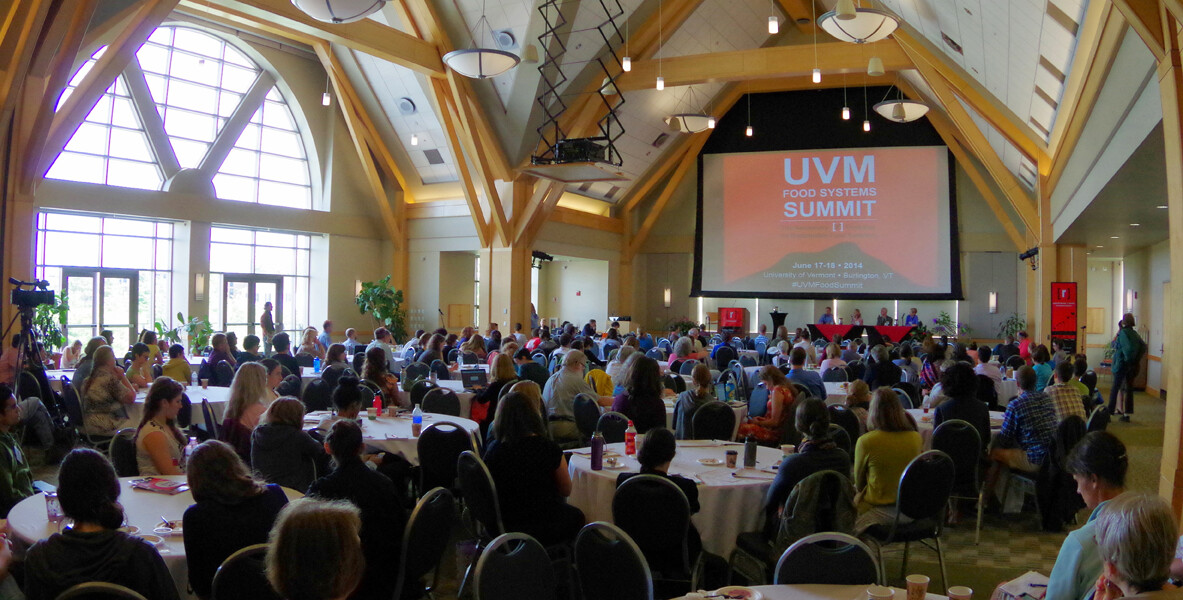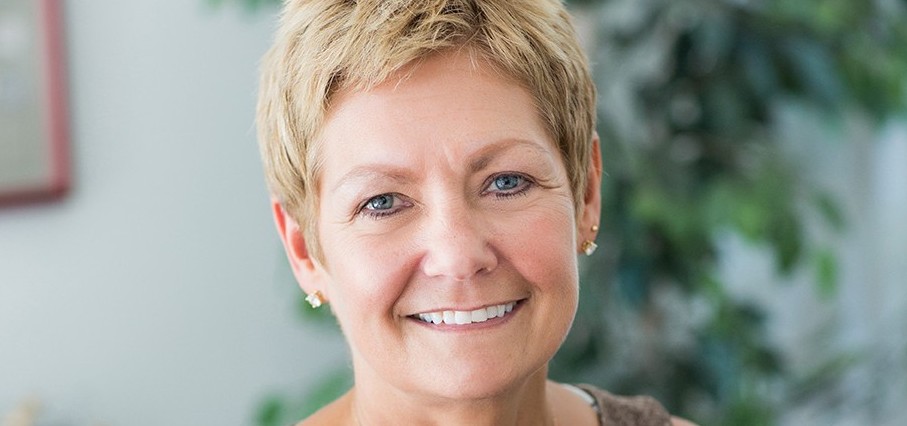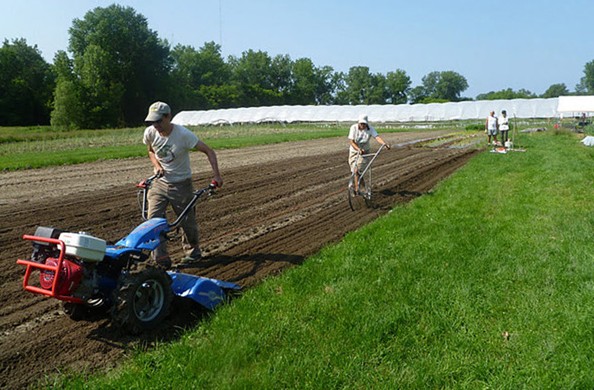As a registered nurse or an aspiring RN, you might wonder whether you should pursue a bachelor of science in nursing (BS). Why pursue a BS in nursing when you could find a job with just a two-year associate’s degree? How much time might it take? What are the requirements?
First, consider why health care experts suggest a BS in nursing vs. an associate’s degree.
“More and more hospitals and health care facilities are strongly encouraging that RNs get their bachelor’s degree because the research shows that the RN with the bachelor’s degree provides overall better care and higher-quality patient care and has better assessment skills and fewer errors,” says Christina Melvin, MS, PHCNS, BC, CHPN, a public health clinical nurse specialist and clinical associate professor at the University of Vermont.
The Changing Role of a Registered Professional Nurse
In large part, health care reform has increased the need for BS-educated nurses.
“The role of the nurse is changing with health care reform,” Melvin says. “Nurses’ assessment skills, critical thinking skills and problem-solving skills are becoming essential with health care reform because nurses are becoming more autonomous in practice. We are doing more and more.”
Under health care reform, nurses are stepping into some roles that 20 years ago might have been filled by doctors. In addition, they are providing direct care for people in their homes or supporting patients over the phone.
“The role of the visiting nurse, where a nurse goes into the home and makes assessments, is a very autonomous role. A visiting nurse needs to assess when a doctor needs to be called or a patient needs to go to the doctor’s office or the hospital,” Melvin explains. “Under health care reform, we are able to maintain people at home without them having to go to the emergency room as often. It’s better care and it’s more cost effective.”
For example, insurers are now beginning to pay nurses to support mothers at home during postpartum care. “Women going home after having babies could have a nurse call them and talk through what to do if their baby is up all night or what to do if they’re having lactation difficulties,” she says.
BS in Nursing: Your Best Option
For RNs, a BS can provide more career options – and better pay. Depending on the hospital where you work, you may or may not see an immediate pay increase if you add a BS to your associate’s degree. However, if you do pursue a BS, you will see a better salary and career opportunities in the long run.
“A nurse with a bachelor’s degree has a much better chance of moving up and becoming a nurse educator or nurse manager, with advanced education. In that respect, RNs with bachelor’s degrees do make more money,” Melvin explains.
Visiting nurse associations now require a BS, and hospitals and health care facilities are strongly encouraging their RNs with associate’s degrees to pursue bachelor’s degrees.
“One could go to school for two years in an associate’s degree program, successfully pass the licensing exam and then work. If someone needs to work sooner, it’s a viable option,” according to Melvin. “But it’s very likely they’ll have to obtain a bachelor’s degree sometime in the future. More and more institutions are only hiring nurses with bachelor’s degrees.”
Your decision about whether to pursue a BS may come down to one simple issue: when you want to retire. If you have a lot of time before you retire, a BS makes a lot of sense.
“But I also have known a 60-year-old RN who wanted to pursue a BS,” Melvin says, “because she always had wanted a bachelor’s degree.”
Incentives to Pursue a BS in Nursing
RNs with associate’s degrees who are working at hospitals usually have a major incentive to pursue a BS: Many employers will pay for their additional schooling as long as they continue to remain in good academic standing. UVM has contracts with some employers for tuition discounts, and payments can be spread out.
“That reflects the institutions’ commitment to nurses getting higher education,” Melvin explains.
The hospitals are following national guidelines; the Institute of Medicine’s Future of Nursing Report recommends increasing the number of nurses holding a BS degree or higher to 80 percent by 2020.
Furthermore, RNs who are younger might consider this: There will be a wave – some are calling it a “tsunami” — of retirements among nursing faculty over the next decade.
If you are interested in pursuing an academic job, you will need to start by getting your BS. “The expectation in academia for nurse educators is that they have a doctoral degree: a doctor in nursing practice, a doctor in nursing science or a PhD,” Melvin says.
Find a Flexible BS Program
Once you decide to pursue a BS, then what should you expect?
In most cases, RNs who are pursuing bachelor’s degrees cannot afford to stop working, Melvin notes. They need to find programs that are flexible, allowing them to balance work, family and school.
UVM’s two-decades-old RN to BS program, for example, is offered online, at any time of the day or night, so that working nurses can fit coursework into their schedules. Most students take three years to finish, signing up for two courses per semester.
“But for some, taking one course a semester is all they can handle,” says Melvin, who teaches in the program. “Many have young children or they’re driving kids to soccer or hockey and working and going to school. We want to help them make it manageable.”
Course Requirements
If you already have an associate’s degree, then your academic advisor will assess which remaining courses you need. You might be surprised to find out that a number of credits from your associate’s degree transfer into a BS program. In UVM’s program, for instance, students can transfer as many as 57 non-nursing credits and 34 nursing credits.
Requirements vary, but beyond the standard set of nursing courses, BS students may study:
- Quantitative sciences
- Health care finance and policy
- Public health
- Statistics
- Psychology
- Sociology
- English
- Philosophy, religion and ethics
- Human development
- Nutrition
- Diversity and race relations
- Environmental science
At first glance, you might not see the connection between non-nursing courses and your chosen profession. But in reality, what you learn in the classroom can be applied directly to your work.
UVM’s BS requirements include many of these non-nursing courses. The non-nursing courses have more relevance than ever, given the evolving role of the nurse and sweeping changes in health care.





